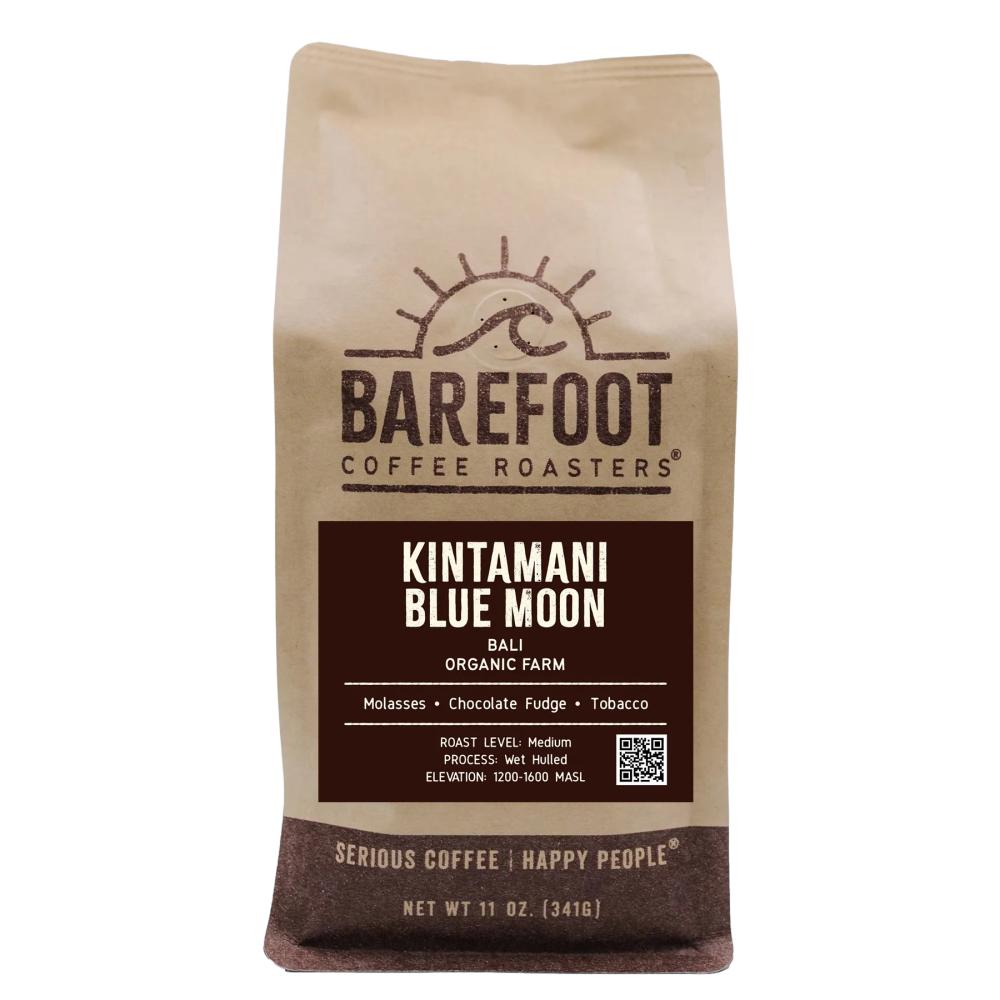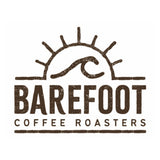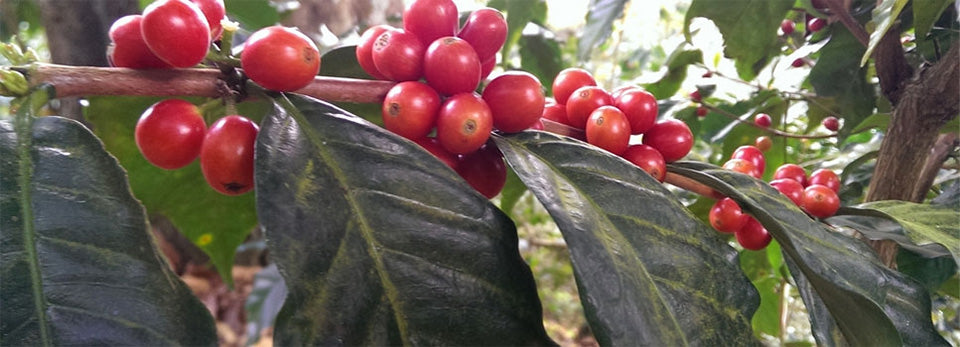Story
Bali Blue Moon is named after the hallmark bluish hue of the bean produced from the wet-hulling process called Giling Basah in the Indonesian language. The bulk of Bali’s coffee production comes from small family-owned farms where each producer uses a few acres to cultivate coffee along with citrus trees in the volcanic soils of Mount Agung’s Kintamani highlands. They carefully sort their harvested cherries before depulping and fermenting overnight with their own micro-mills. Then the coffee is washed and laid out on patios to shed the excess water from the coffee parchment.
Next the coffee takes a detour from the conventional path of processing in other origins, wherein, the coffee parchment is removed while the coffee still has a high moisture content. This wet-hulling process or Giling Basah leaves the coffee bean exposed while drying on patios gives the beans their distinct bluish color.
Balinese producers continue to maintain a traditional rural lifestyle organized around a Subak Abian, which is a reference to the ecologically sustainable irrigation systems developed more than 1,000 years ago by Hindu priests who practice Tri Hita Karana (the three sources of prosperity), a philosophy focused on the harmonization between the environment, humans and God. These traditions are followed in coffee cultivation, which means pesticides and synthetic fertilizers are never used.
In recent years, local producer groups have begun to partner with regional exporters like Indokom to establish organic and Rainforest Alliance certifications, which harmonize with their traditional principles of conserving forest, soil, and water resources. Indokom also collaborates with producers to overcome logistical challenges like rugged roads and lack of infrastructure. Indokom provides logistics and milling facilities, which improves traceability and quality control throughout the post-harvest process, as well as, the ability to swiftly bring the coffee to the international market, ensuring greater producer earnings from direct trade relationships.
Origin photo by Royal Coffee
Kintamani Blue Moon
Kintamani Blue Moon
Couldn't load pickup availability
Characteristics
Medium
Rich
Smooth
Chocolate Fudge, Molasses, Tobacco
Subak abian
Small Family-Owned Farms
1200 - 1600 MASL
Hand-picked, wet-hulled, two-step sun drying on raised beds
Kintamani Highlands of Central Bali, Indonesia
Story
Bali Blue Moon is named after the hallmark bluish hue of the bean produced from the wet-hulling process called Giling Basah in the Indonesian language. The bulk of Bali’s coffee production comes from small family-owned farms where each producer uses a few acres to cultivate coffee along with citrus trees in the volcanic soils of Mount Agung’s Kintamani highlands. They carefully sort their harvested cherries before depulping and fermenting overnight with their own micro-mills. Then the coffee is washed and laid out on patios to shed the excess water from the coffee parchment.
Next the coffee takes a detour from the conventional path of processing in other origins, wherein, the coffee parchment is removed while the coffee still has a high moisture content. This wet-hulling process or Giling Basah leaves the coffee bean exposed while drying on patios gives the beans their distinct bluish color.
Balinese producers continue to maintain a traditional rural lifestyle organized around a Subak Abian, which is a reference to the ecologically sustainable irrigation systems developed more than 1,000 years ago by Hindu priests who practice Tri Hita Karana (the three sources of prosperity), a philosophy focused on the harmonization between the environment, humans and God. These traditions are followed in coffee cultivation, which means pesticides and synthetic fertilizers are never used.
In recent years, local producer groups have begun to partner with regional exporters like Indokom to establish organic and Rainforest Alliance certifications, which harmonize with their traditional principles of conserving forest, soil, and water resources. Indokom also collaborates with producers to overcome logistical challenges like rugged roads and lack of infrastructure. Indokom provides logistics and milling facilities, which improves traceability and quality control throughout the post-harvest process, as well as, the ability to swiftly bring the coffee to the international market, ensuring greater producer earnings from direct trade relationships.
Origin photo by Royal Coffee






